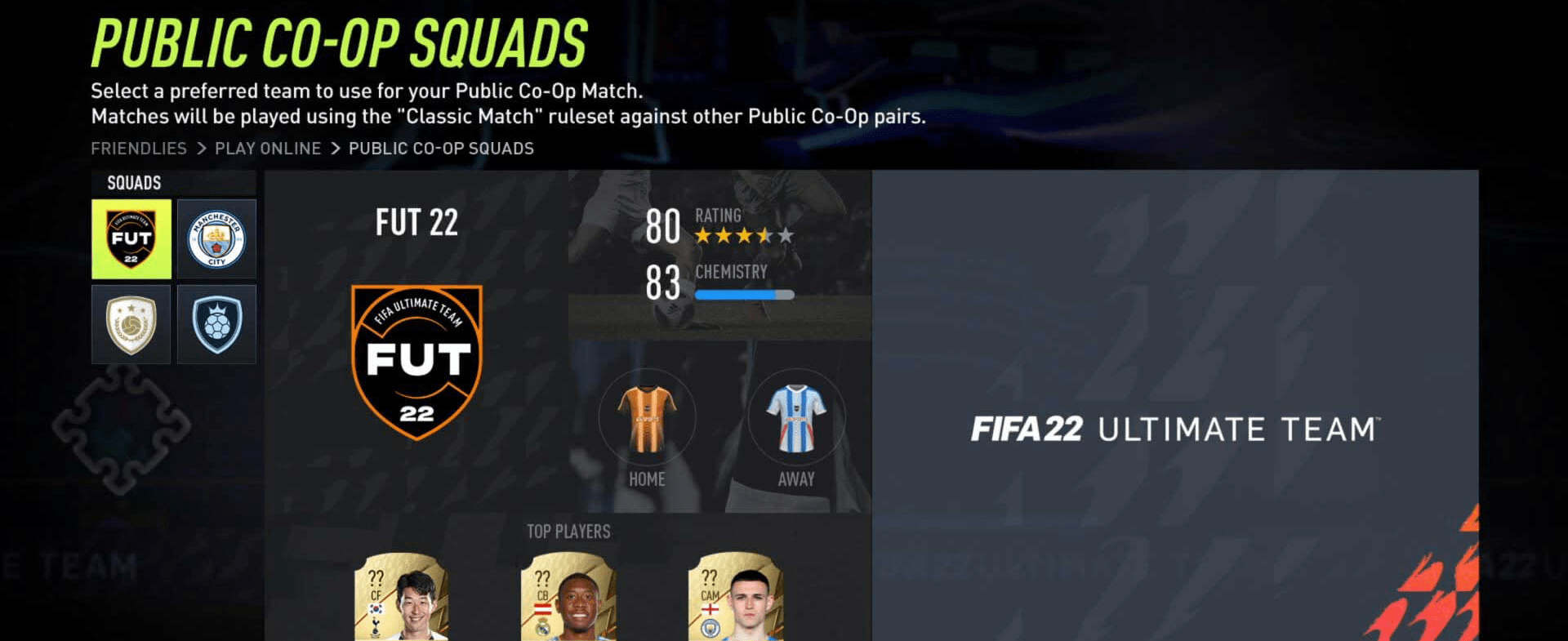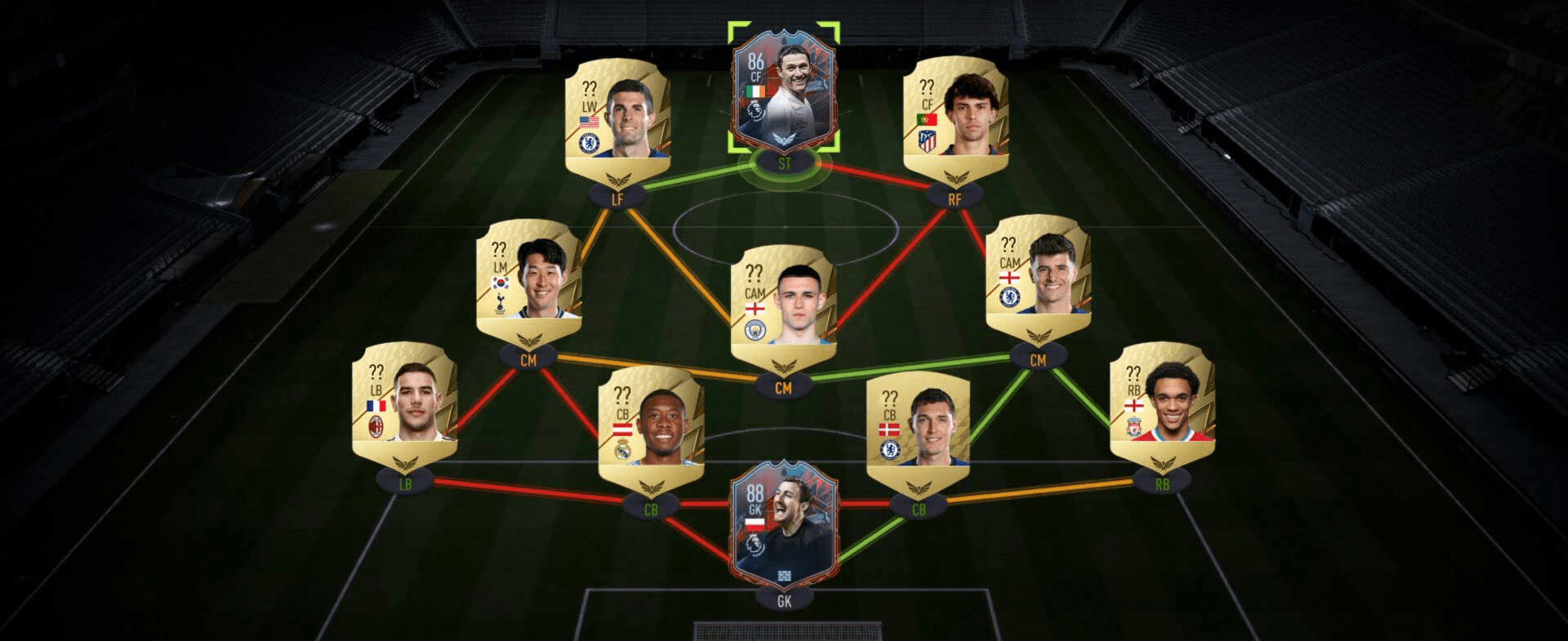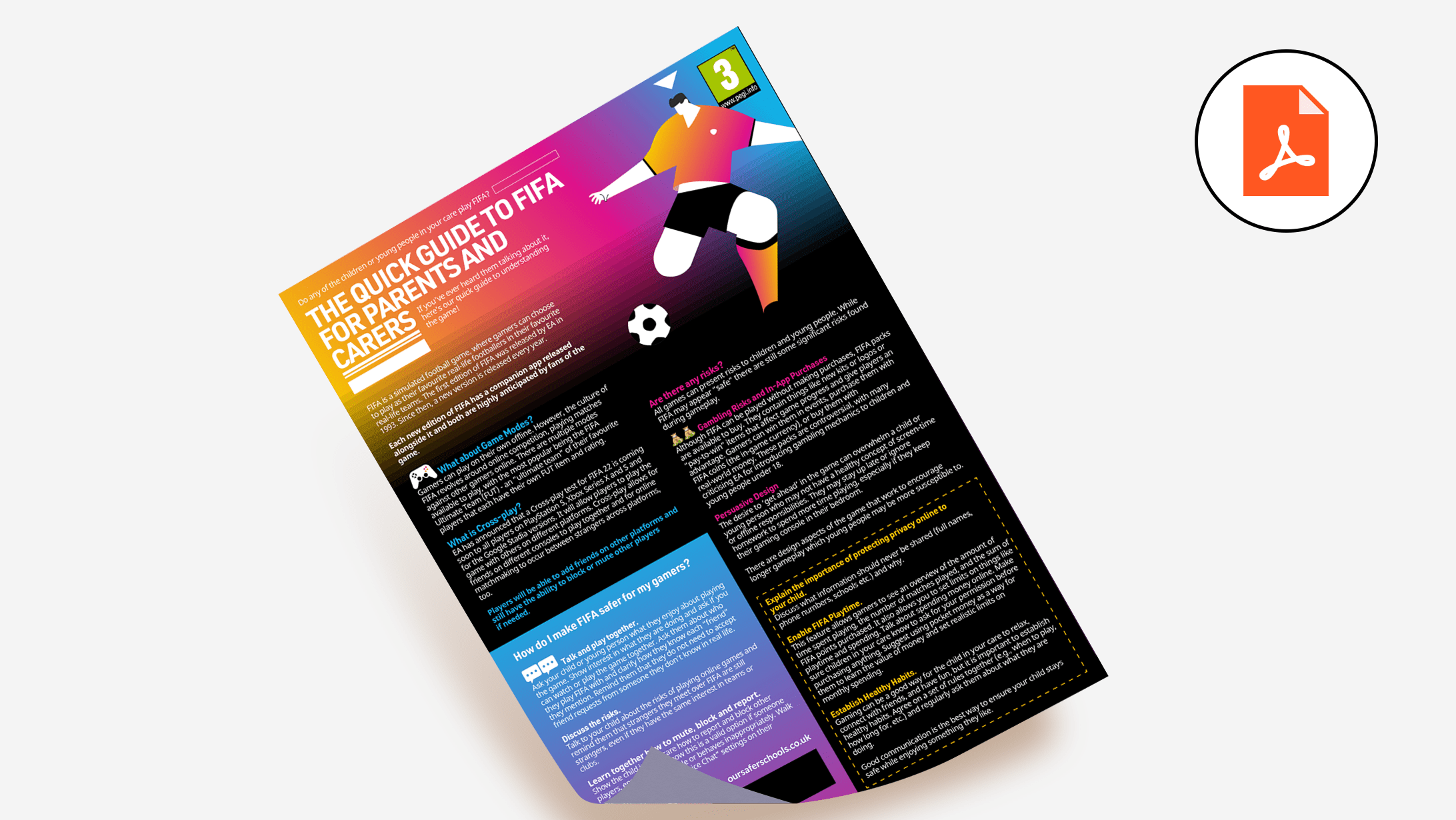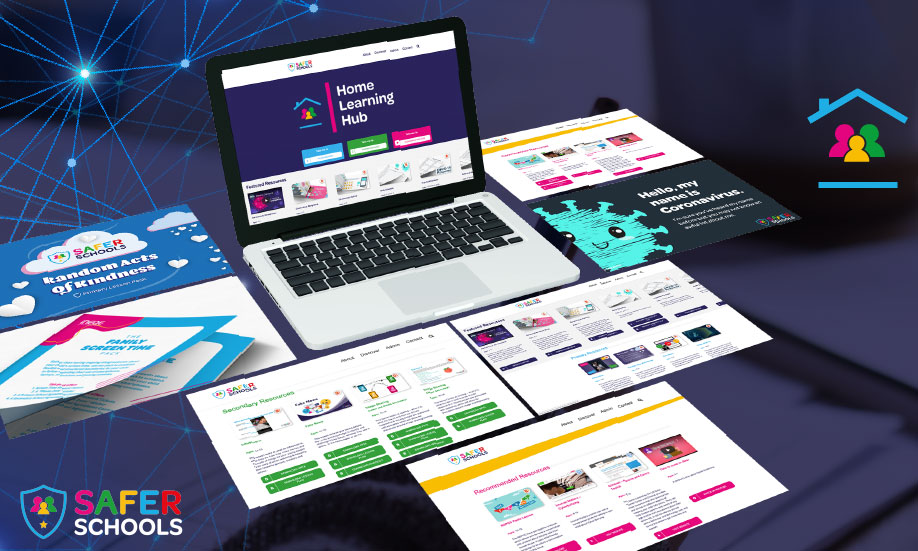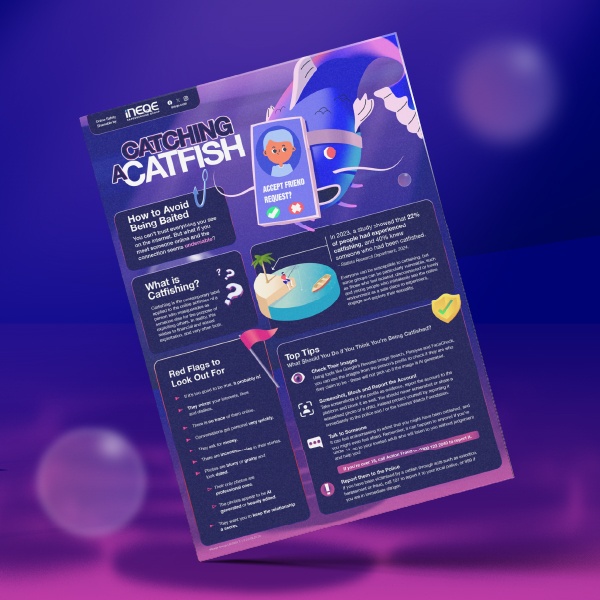Last Updated on 26th September 2023
We understand that the world of FIFA (and gaming in general) can seem overwhelming and unfamiliar as a parent or carer, especially if a child knows everything about the game. Our online safety experts have taken an extensive look at the popular game to help you better understand exactly what the child in your care is asking for.

FIFA 22 Cover Art ©EA Sports
What’s different about FIFA 22?
You might be thinking, “If this game is released every year, how much of a difference can there be between the versions? Isn’t it just a football game?”
While this has been a criticism of past versions, FIFA 22 has made its debut with new gameplay mechanics and changes to game modes that are truly upgrades to its regular format.
It’s important to note that every new version of FIFA is a completely different game. You are unable to play across versions, and any purchases do not transfer.
If your child or young person plays with their friends from school but does not have FIFA 22, they may experience bullying or exclusion. This is common with pricey new releases and is added to by the ongoing shortage of gaming consoles.
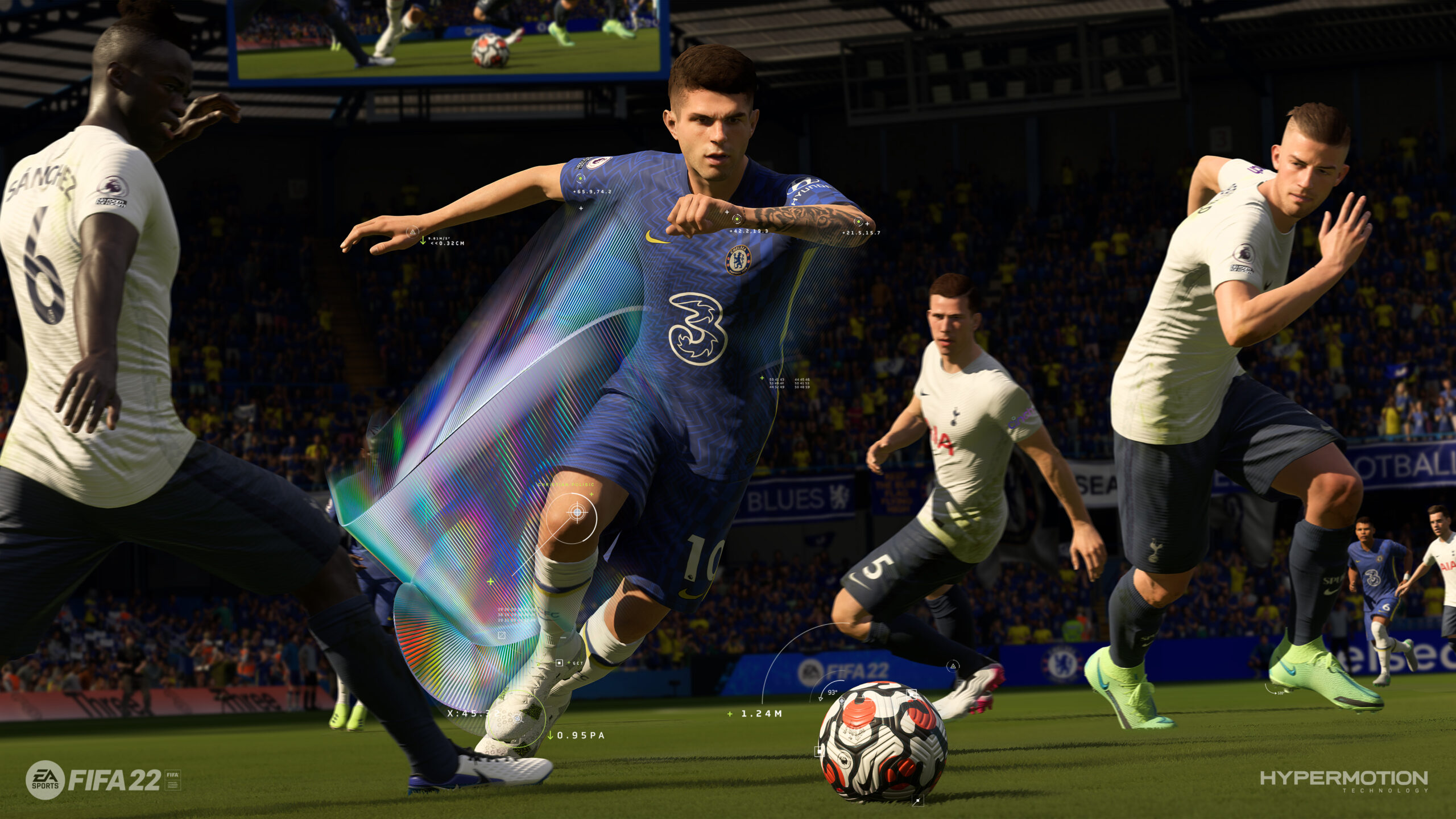
Screenshot of FIFA 22’s Hypermotion Technology ©EA Sports
What about Game Modes?
Gamers can play on their own (offline). However, the culture of FIFA revolves around online competition, playing matches against other gamers online. There are multiple modes available to play. These modes allow gamers to better customise their gameplay experience to suit their overall interests. The most popular by far is the FIFA Ultimate Team (FUT).
If someone has ever wanted to create their own fantasy football squad, FUT is the mode for them. Gamers can create an “ultimate team” of their favourite players that each have their own FUT item and rating. These players are acquired multiple ways, with both free and payable options available. This is the most popular “extra content” mode among FIFA gamers.

Screenshot of FUT 22 ©EA Sports
Are there any risks
Our online safety experts have found that most parents and carers have little to no concerns about the child in their care playing FIFA. All games can present risks to children and young people. While FIFA may appear “safe” there are still some significant risks found during gameplay.
How do I make FIFA safer for my gamers?
Our online safety experts have created some simple steps to follow to help you ensure your child or young person is as safe as they can be.
Join our Online Safeguarding Hub Newsletter Network
Members of our network receive weekly updates on the trends, risks and threats to children and young people online.



